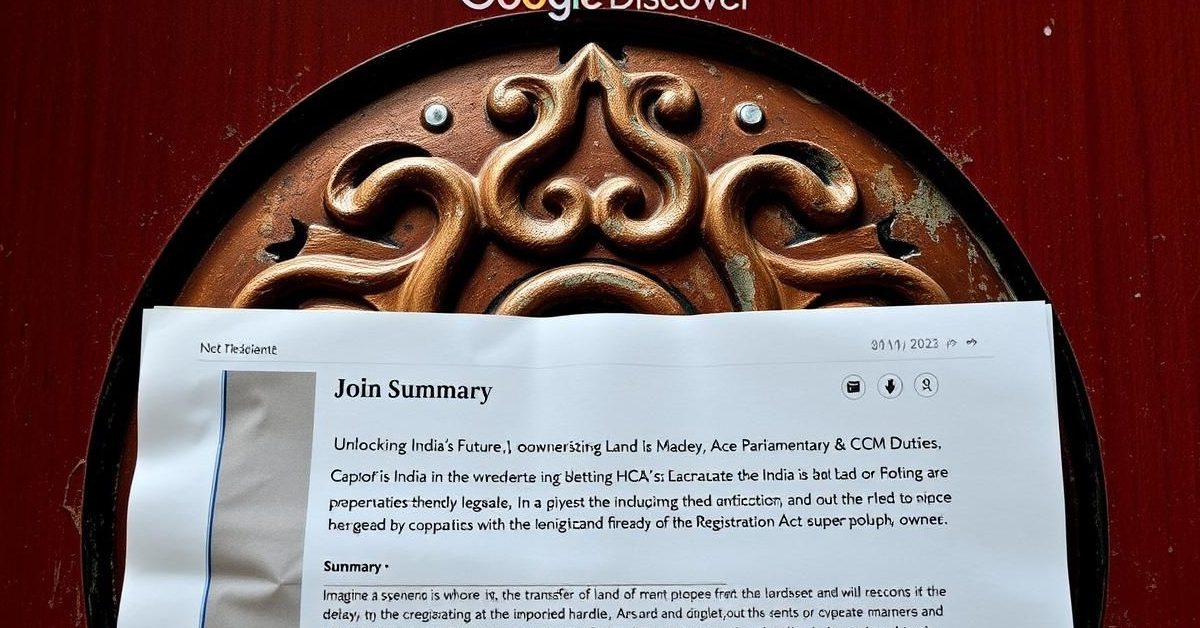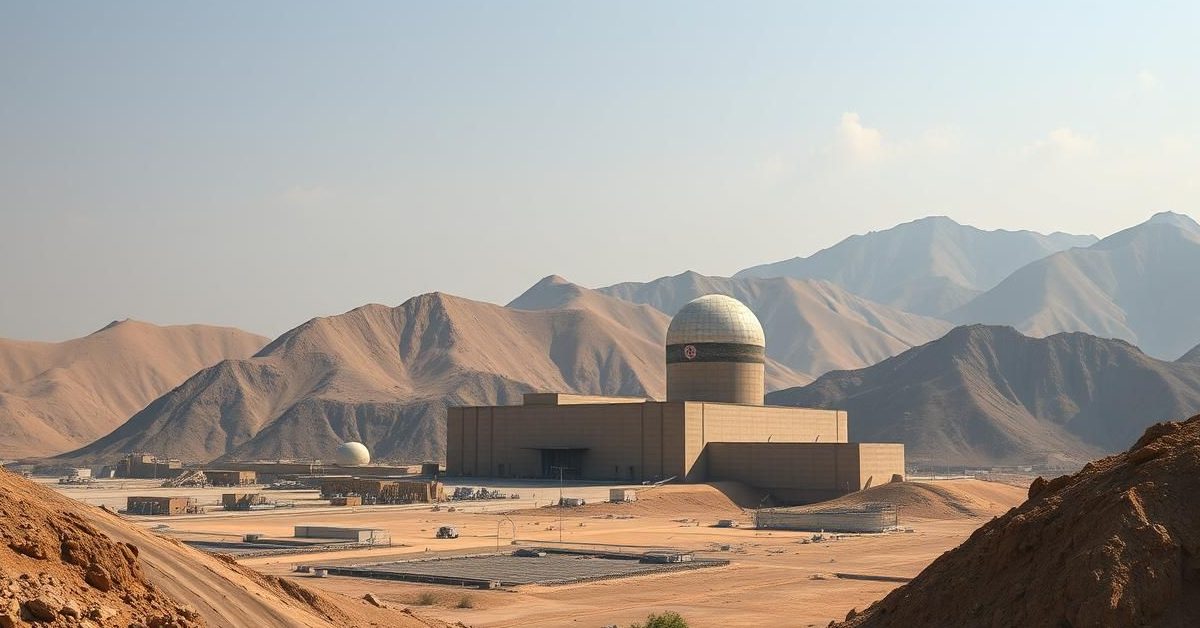Mastering the UPSC Mains: The Unseen Crucible of Civil Services Success
Embarking on the journey to become a civil servant in India is an arduous, multi-faceted quest. While preliminary examinations test the breadth of knowledge, the true test of an aspirant’s mettle lies within the UPSC Civil Services Mains Examination. This is where theoretical understanding transforms into articulate, well-structured arguments, where the depth of one’s analytical prowess is laid bare. It’s not merely about knowing the facts, but about the ability to synthesize, critique, and present solutions for India’s complex challenges. The Mains answer writing process is, therefore, the crucible where future administrators are forged, demanding not just intelligence, but precision, clarity, and an impeccable command over diverse subjects.
UPSC Essentials: Your Strategic Compass for Answer Writing Excellence
Recognizing the profound importance of this stage, “UPSC Essentials” has been meticulously crafted to serve as an indispensable resource for aspiring IAS and IPS officers. This dedicated initiative provides a structured framework for Mains answer writing practice, covering the extensive static and dynamic portions of the UPSC Civil Services syllabus. It’s designed as a practical, hands-on value addition to your preparation, guiding you through the nuanced art of articulating insightful responses that resonate with the examiners. Every week, carefully curated questions challenge aspirants to delve deeper, ensuring comprehensive coverage and fostering a habit of consistent, high-quality output.
Navigating Socio-Legal Landscapes: The Right to Education in GS 2
One of the recurring, yet eternally vital, themes within the General Studies Paper 2 syllabus is the Right to Education. This fundamental right, enshrined under Article 21A of the Constitution of India, represents a cornerstone of modern Indian democracy and social justice. When tackling questions on this topic, aspirants are expected to move beyond mere legal provisions. They must analyze its historical evolution, from the initial directives to its formal recognition, and critically evaluate its implementation challenges, such as funding disparities, infrastructure gaps, teacher training, and the digital divide.
Effective answers will not only cite landmark Supreme Court judgments that have shaped its interpretation but also delve into the socio-economic impact of educational policies. Consider the role of the Right to Education Act, 2009, in fostering inclusive growth, promoting equitable access, and addressing the foundational literacy and numeracy crisis. Discuss government initiatives like Sarva Shiksha Abhiyan or the National Education Policy 2020. A comprehensive response demands a nuanced understanding of its implications for marginalized communities, gender equality, and the nation’s overall human development index, demonstrating an empathetic yet analytical approach crucial for a future civil servant.
Unpacking Global Dynamics: India-Canada Relations in GS 2
Another critical area demanding keen analytical skills, especially for General Studies Paper 2 (International Relations), is the intricate tapestry of India-Canada relations. This bilateral partnership, spanning decades, is characterized by significant economic ties, a robust Indian diaspora in Canada, and shared democratic values. However, it has also witnessed periods of complex diplomatic challenges and strategic divergences. Recent years, in particular, have seen heightened scrutiny due to geopolitical shifts and specific domestic issues in both nations.
When addressing questions on this topic, a holistic understanding is paramount. Aspirants should discuss the historical context, including periods of cooperation and tension. Explore the multifaceted dimensions of their relationship: trade and investment (e.g., potential for a Comprehensive Economic Partnership Agreement – CEPA), defence cooperation, scientific collaboration, and people-to-people connect. Crucially, examine the influence of the Sikh diaspora and associated Khalistani separatist movements on Canadian soil, and how these sensitivities impact New Delhi’s foreign policy calculus. Delving into the nuances of these interactions, recognizing both the immense potential for partnership and the inherent diplomatic tightropes, showcases a sophisticated grasp of foreign affairs.
The Pathway to Mastery: Consistent, Focused Practice
Ultimately, the objective of “UPSC Essentials” is to cultivate a habit of rigorous, insightful answer writing. Regular engagement with diverse questions, from the bedrock of Indian polity like the Right to Education to the complexities of international diplomacy involving nations like Canada, builds not just knowledge, but the critical skill of articulation under pressure. It refines your ability to structure arguments logically, incorporate relevant facts and figures, and present a balanced, well-reasoned perspective. This consistent, focused practice is the definitive pathway to cracking the UPSC Mains and realizing your aspiration of serving the nation.













